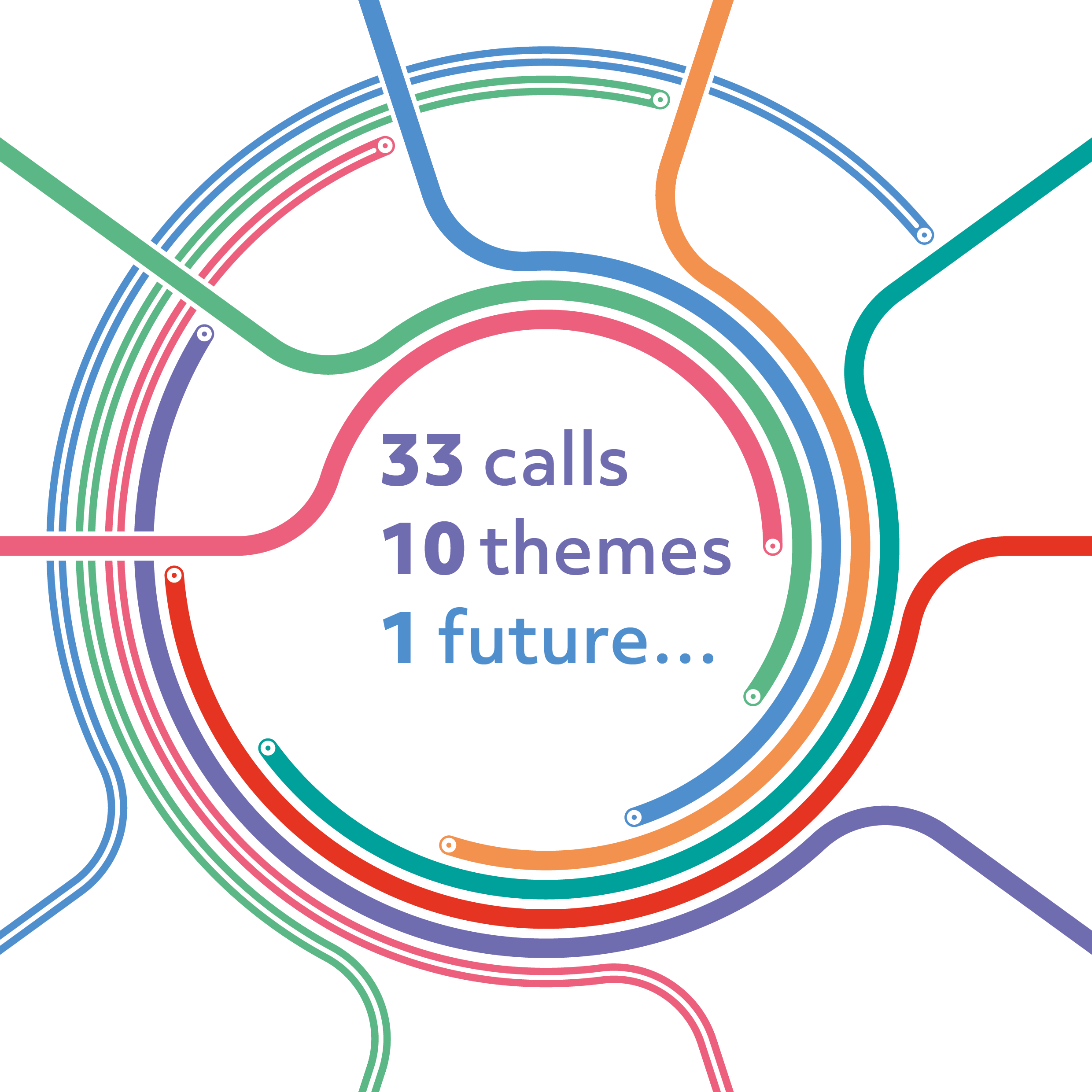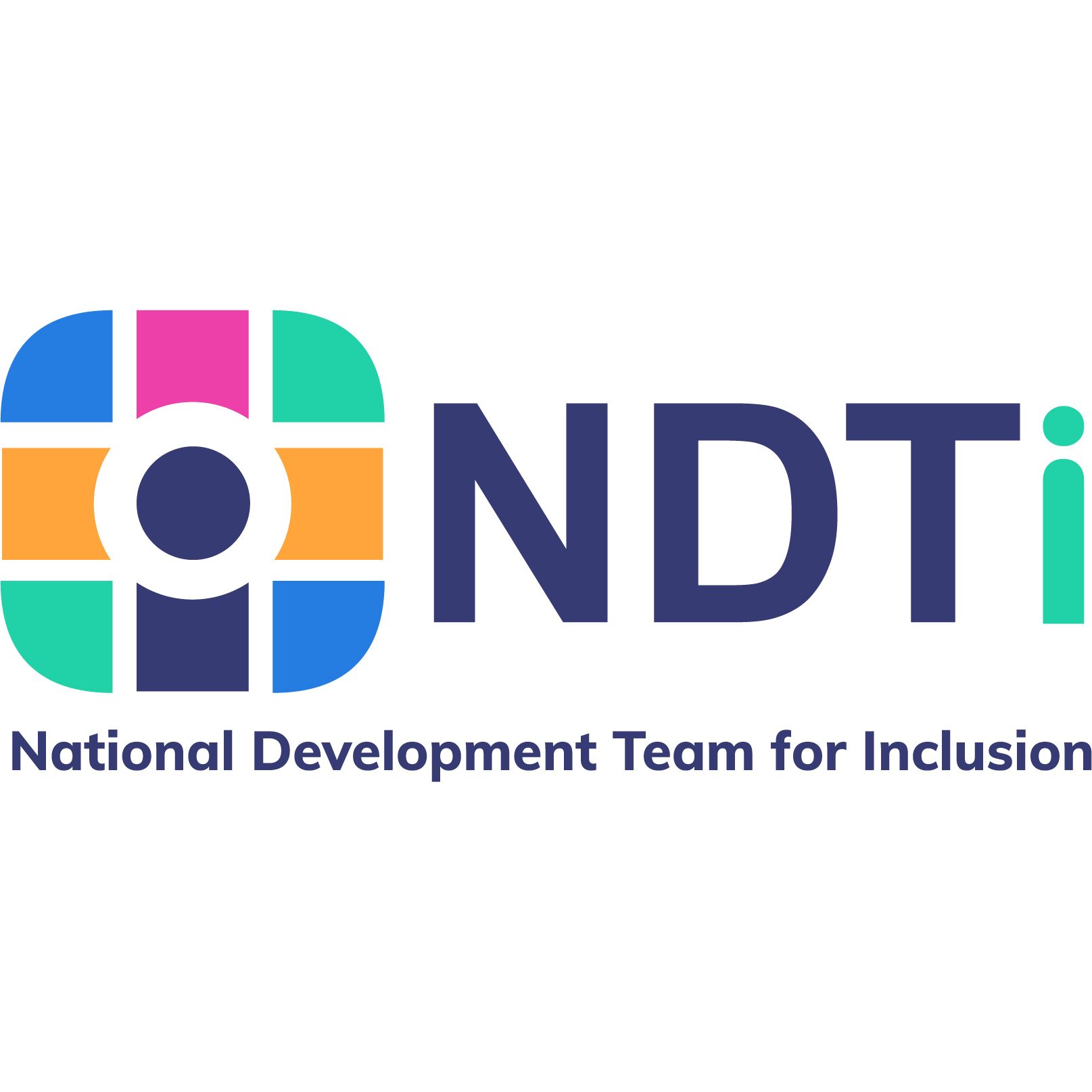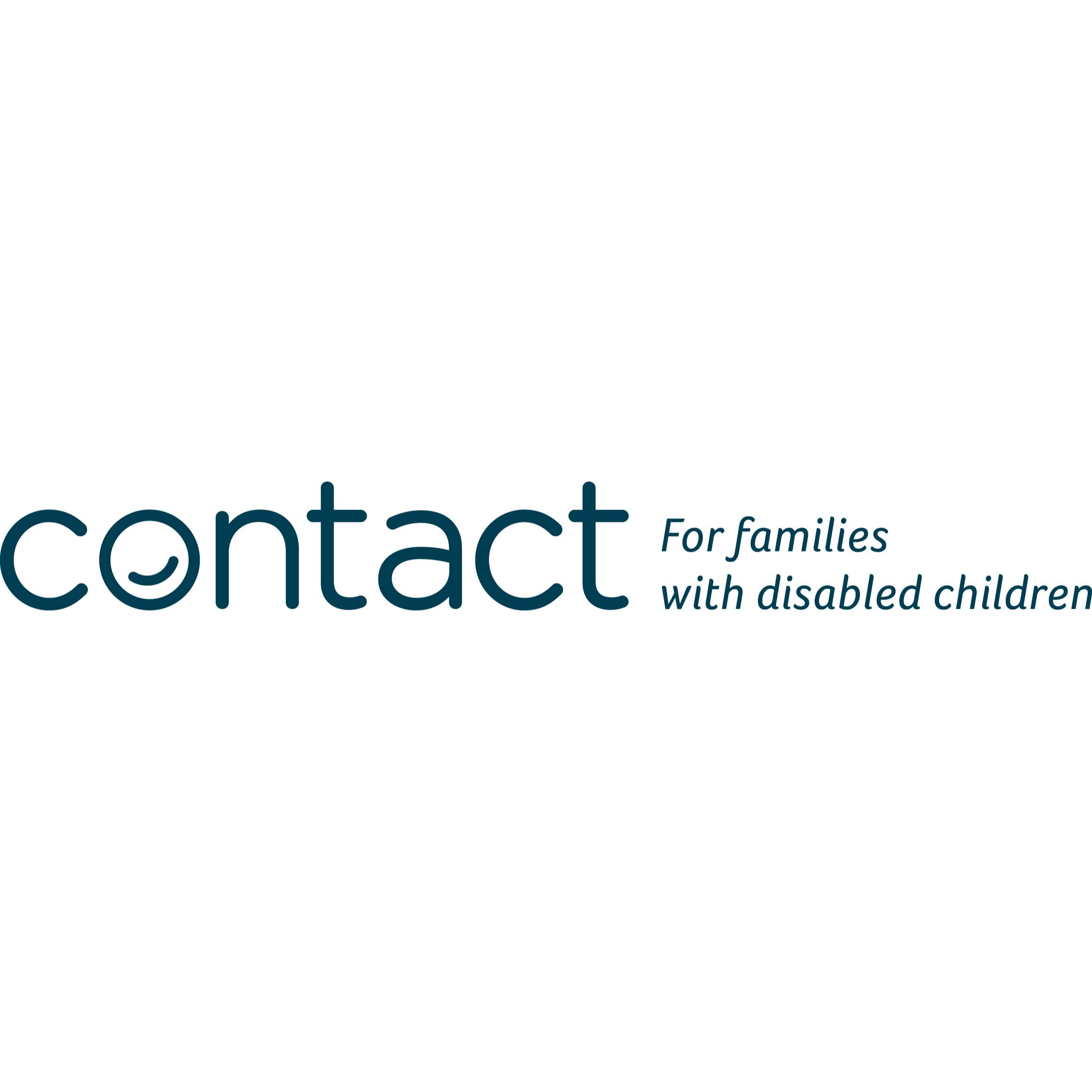ASL progress report reveals too many children still missing out
30 November 2022
Children in Scotland has responded to the latest ASL Implementation Plan progress report, published by the Scottish Government.
The second ASL Implementation Plan progress report from government identifies work undertaken since November 2021 and actions to be delivered over the course of the current Parliament in response to the recommendations made during the current review of implementation of additional support for learning, started in January 2019.
Published today (30 November) it identifies that across the 76 original recommendations, 24 have been fully met whilst progress continues to meet and deliver on the 52 outstanding.
Review of progress
Some key progress points highlighted include:
- Continued work of the Inclusion Ambassadors to raise awareness of the experiences of pupils with ASN, provide resources to support better inclusion practices and celebrate best practice through the new Success Looks Different Awards
- Ongoing funding for vital national services including Enquire, Let's Talk ASN and My Rights, My Say
- Representation of parents and carers on all Scottish Government groups about additional support for learning as well as additional funding for groups who support and enable continued engagement
- Creation of a new Pupil Support Staff Professional Framework
- Revised teaching standards with specific mention of additional support needs and neurodiversity
- Additional support for learning now forms part of the Association of Directors of Education Scotland leadership programme.
Too many children still missing out
While Children in Scotland welcomes progress so far and a commitment to deliver on the remaining recommendations, we worry that progress continues to be slow. This means too many children and young people are still failing to receive the support they are legally entitled to.
We would also like to see more analysis of the impact of current measures and how these are making a tangible difference to the educational experiences of children, young people and their families.
Billy Anderson, Children in Scotland’s Head of Services responded to today’s report, saying:
“The delivering of a number of recommendations made originally in Angela Morgan’s 2019 Review of ASL Implementation is very welcome. We thank the Scottish Government for continuing to focus their efforts to deliver change and improvements for all young people who require additional support for learning.
“We are pleased to be able to play a part in delivering on these through our continued support of the Inclusion Ambassadors group and delivery of the Enquire, Resolve and My Rights, My Say national services.
“However, the pace of progress is slow and there are some gaps in the reporting that need to be filled in order to provide a fuller picture of the impact for children and families so far.
“We also note there is a lack of reference to children who are on part-time timetables, those who have been excluded from school, as well as children and young people with additional support needs who are disproportionately affected by the ongoing impact of the Covid-19 pandemic and are faced with the current cost-of-living crisis."
“We welcome the progress and will continue to support the Scottish Government to deliver on their commitments but are calling for a sharpening of focus and an increased pace of progress so that those who are currently in education see a direct improvement to their educational experiences as well as laying the foundations of positive, sustainable change for the future.”
Children in Scotland is also calling for more evaluation of the actions taken so far, as well as reference to how they have directly impacted on the specific issues raised in the original report, including more input from parents, young people and teachers about the real-terms difference to their lives.
The Additional support for learning review action plan: second progress report is now available on the Scottish Government website. Click here to read the full report.
Enquire has also produced an easy-read version suitable for children, young people and their families. Click here to access this version of the report.

ASL Implementation progress report
Read the Scottish government's second progress report
Click here to view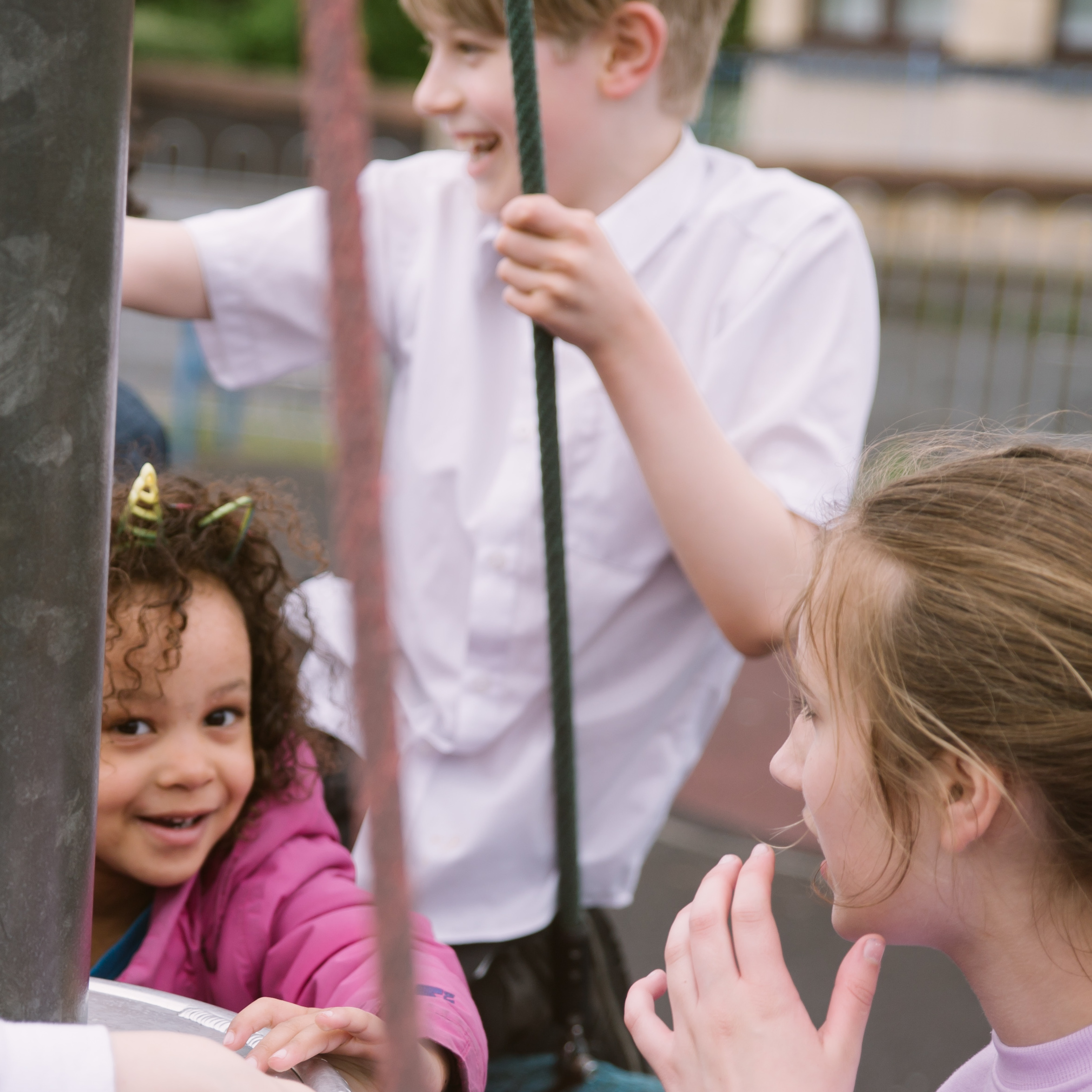
ASL Progress report: easy read version
Read the easy read version of the progress report from Enquire
Click here to view
Policy briefing: Education and learning
Outlining evidence supporting our calls for change
Click here to read
Enquire
More about the national advice service for additional support for learning
Click here to visit their website
Inclusion Ambassadors
Find out more about the work and resources from the Inclusion Ambassadors
Click here to visit their website
My Rights, My Say
Supporting 12-15 year olds with ASN to be more involved in decisions about their lives
Click here to visit their website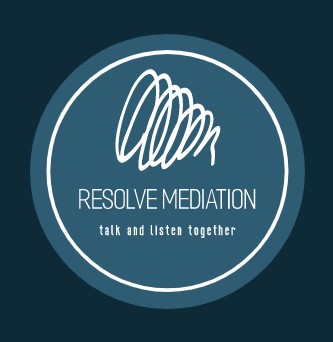
Resolve ASN Mediation services
Creating solutions for educational disagreements
Click here to visit their website

